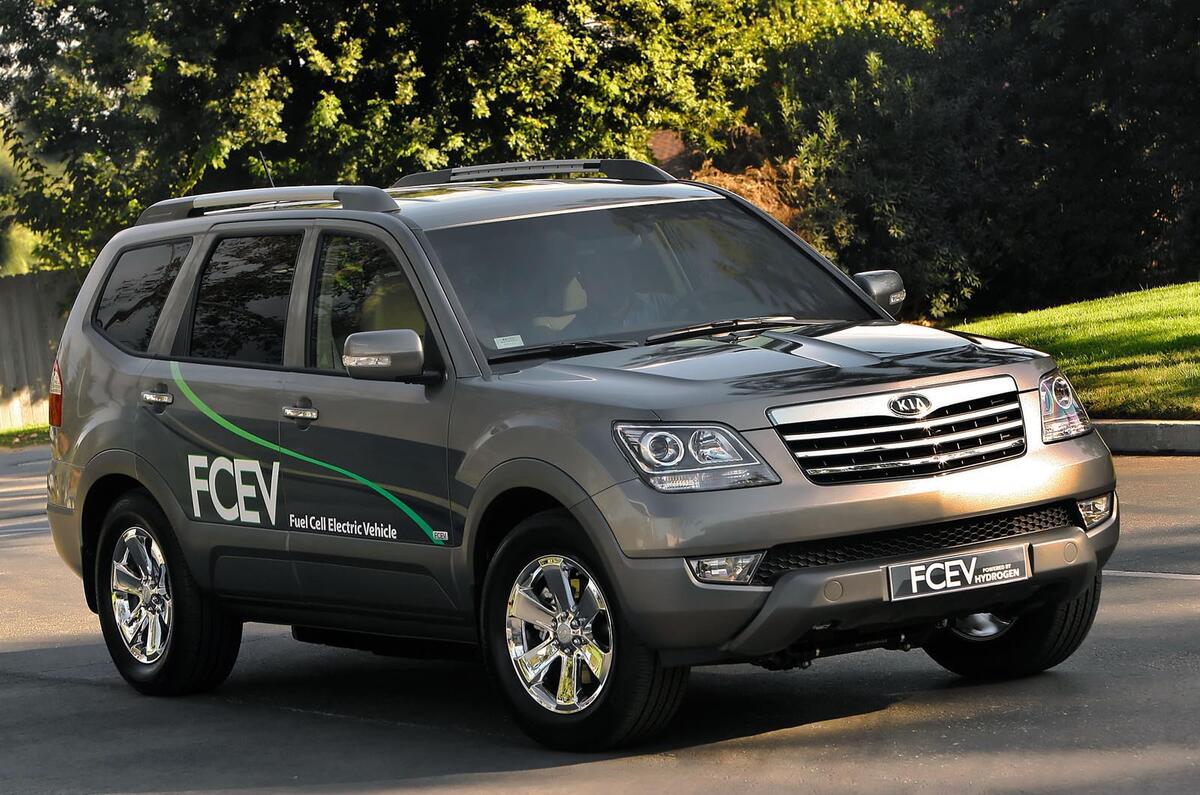Korea’s largest automotive group, Hyundai-Kia, will begin low-volume production of at least one fuel cell model within the next two years.
It’s not yet known whether the car will be badged a Hyundai or a Kia, but it will definitely be a hydrogen-powered version of an existing model - not a fuel cell-only one like Honda’s FCX Clarity.
Byung Ki Ahn, general manager of Hyundai-Kia’s Fuel Cell Group, told Autocar, “There are already agreements between car makers such as ourselves and legislators in Europe, North America and Japan to build up to the mass production of fuel cell cars by 2015. Hydrogen production capacity and refuelling infrastructure will be improved.”
Hyundai intends to be at the vanguard of the move to hydrogen. “Pilot-scale production of 1000 fuel cell cars a year will begin for us in two years,” Ahn said. “Our first cars won’t be fully commercialised [they will probably be leased , not bought outright] but they will allow us to make the final stages of development progress before we begin commercial production of around 10,000 hydrogen cars a year in 2015.”
The key to the strength of Hyundai’s position on fuel cells is its own fuel cell stack, in development since 2005, which has been significantly improved over the past three years.
The Kia Borrego FCV, finished in 2008, has more than double the cruising range of the group’s 2006 Sportage FCEV, at 460 miles, and an operational life of about 10 years - more than three times that of the Sportage. It’s powered by a 115kW fuel cell stack, with 100kW of electrical assistance from a supercapacitor, and has a 700bar hydrogen tank.
“Our fuel cell stack can run at ambient atmospheric pressure, so we don’t need an air compressor,” said Ahn, “and it contains less platinum, making it cheaper. Since 2004 we’ve eliminated 90 per cent of its typical material cost.”
Hyundai won’t divulge any target prices, but Ahn believes it has a strong chance of producing the cheapest hydrogen cars of the next decade.
“Toyota has a target to produce 50,000 fuel cell cars a year and expects to be able to price them at $50,000 [£35,000],” he said. “We’re confident we can beat it.”








Add your comment